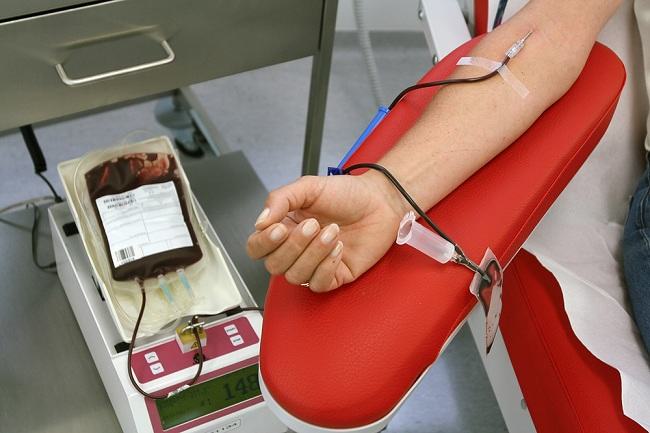Taking antibiotics should be done according to the doctor's instructions. If consumed carelessly, antibiotics can not cure disease, but instead cause various health problems.
Antibiotics are a group of drugs that can eradicate and prevent the growth of bacteria that cause disease or infection. This medicine should only be purchased with a doctor's prescription and used as directed by a doctor.

Bacterial infections that are classified as mild usually recover on their own, so they don't require antibiotics.
The use of new antibiotics is necessary in cases of severe bacterial infection or in patients with weakened immune conditions, such as cancer or HIV patients, who have bacterial infections.
In order for antibiotics to work effectively and safely, the doctor will consider several things before prescribing antibiotics, namely the type of germ or bacteria that causes the infection, the patient's condition, the type of antibiotic, as well as the dose and duration of antibiotic use.
Therefore, you are not advised to buy and use antibiotics indiscriminately without a prescription or doctor's advice.
Diseases That Can Be Treated With Antibiotics
As previously stated, antibiotics are used to treat and prevent bacterial infections. The following are some types of diseases caused by bacterial infections that can be treated with antibiotics:
- Pneumonia due to bacterial infection
- Urinary tract infection
- Typhoid or typhoid fever
- Sexually transmitted infections, such as gonorrhea, syphilis, and chlamydia
- Meningitis
- Sepsis
Antibiotic drugs cannot be used to treat infections caused by viruses, such as the flu, smallpox, herpes, shingles, or dengue fever. In addition, antibiotics are also not effective for treating infections caused by fungi or parasites, such as worms.
Selection of Antibiotics
There are many types of antibiotics. The doctor will determine the type of antibiotic used based on the type of germ that causes the infection and the reaction of the bacteria to the antibiotic.
The following are some types of antibiotics that can be prescribed by a doctor:
- Betalactams, such as penicillin, amoxicillin, and meropenem
- cephalosporins, such as cefixime, cefadroxil, cefdenir, and ceftriaxone
- Aminoglycosides, including tobramycin, gentamicin, and amikacin
- Quinolones, eg levofloxacin, ciprofloxacin, and moxifloxacin
- Macrolides, such as azithromycin, clarithromycin, and erythromycin
- Clindamycin
- Nitrofurantoin
- Tetracyclines, such as doxycicline and minocycline
When prescribed antibiotics by a doctor, you must take them according to the dose given and on time. For example, antibiotics with a schedule of 3 times a day need to be taken every 8 hours and antibiotics with a schedule of 2 times a day need to be taken every 12 hours. It is important to remember, antibiotics must be spent.
If consumed carelessly or against the rules, antibiotics will not work effectively or can actually cause various dangerous side effects.
Various Side Effects of Antibiotics
Antibiotics are generally safe if taken as directed and prescribed by a doctor. However, sometimes there can be some side effects, such as:
- Nausea and vomiting
- Diarrhea
- fungal infection
- Stomach ache
- Headache or dizziness
Side effects that arise due to antibiotics can vary, depending on the type, dose, and duration of use of antibiotics.
In certain cases, antibiotics can also cause more serious side effects, such as kidney damage, hearing loss, impaired liver function, blood disorders, and bone marrow disorders.
Inappropriate use of antibiotics, for example not taking antibiotics, can also have a dangerous impact, namely the occurrence of antibiotic resistance. This means that germs become resistant to these antibiotics, making the infection more difficult to treat.
Beware of Antibiotic Allergic Reactions
Some people can have an allergic reaction to certain types of antibiotics. Therefore, the doctor will generally ask if you have a history of antibiotic allergies or drug allergies.
People who are allergic to certain antibiotics can experience allergic reactions, such as itchy skin and hives, cough, shortness of breath, diarrhea, weakness, or swelling of the lips and eyelids, after taking these antibiotics.
In certain cases, allergic reactions to antibiotics can be severe and can be life-threatening, such as anaphylactic reactions and Stevens-Johnson syndrome.
Therefore, before taking antibiotics, first consult with your doctor, either directly or through a health application, so that the doctor can prescribe antibiotics with the right type and dose. Do not just take antibiotics, so you avoid dangerous side effects.









